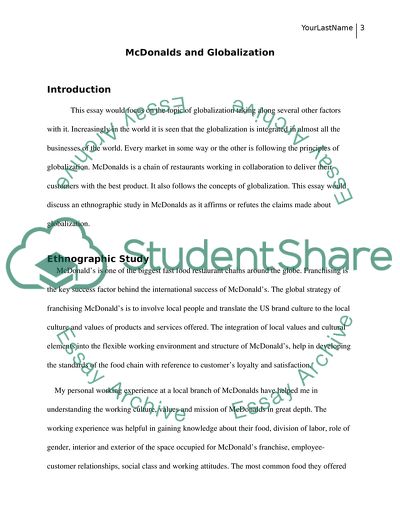Cite this document
(McDonald's and Globalization Coursework Example | Topics and Well Written Essays - 2750 words - 6, n.d.)
McDonald's and Globalization Coursework Example | Topics and Well Written Essays - 2750 words - 6. https://studentshare.org/marketing/1748018-management
McDonald's and Globalization Coursework Example | Topics and Well Written Essays - 2750 words - 6. https://studentshare.org/marketing/1748018-management
(McDonald'S and Globalization Coursework Example | Topics and Well Written Essays - 2750 Words - 6)
McDonald'S and Globalization Coursework Example | Topics and Well Written Essays - 2750 Words - 6. https://studentshare.org/marketing/1748018-management.
McDonald'S and Globalization Coursework Example | Topics and Well Written Essays - 2750 Words - 6. https://studentshare.org/marketing/1748018-management.
“McDonald'S and Globalization Coursework Example | Topics and Well Written Essays - 2750 Words - 6”. https://studentshare.org/marketing/1748018-management.


